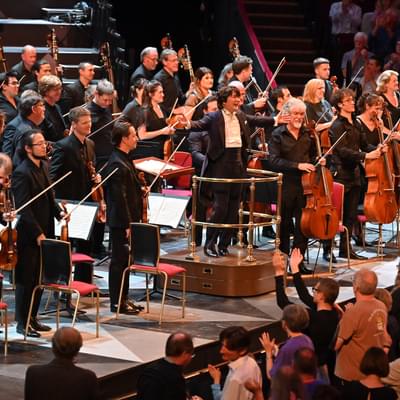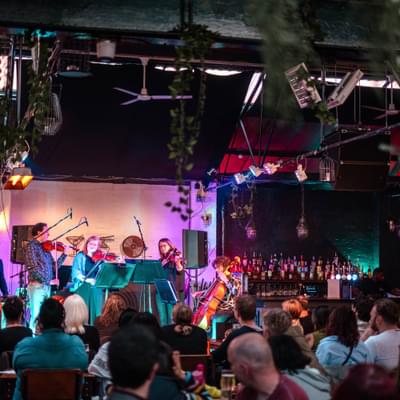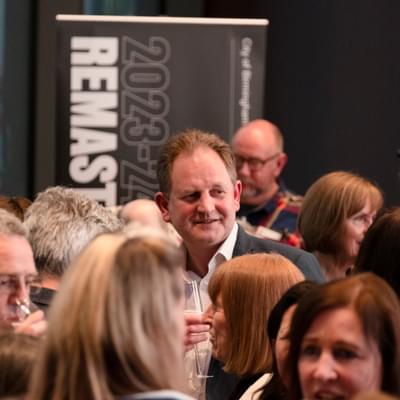CBSO & The Orchestral Qawwali Project
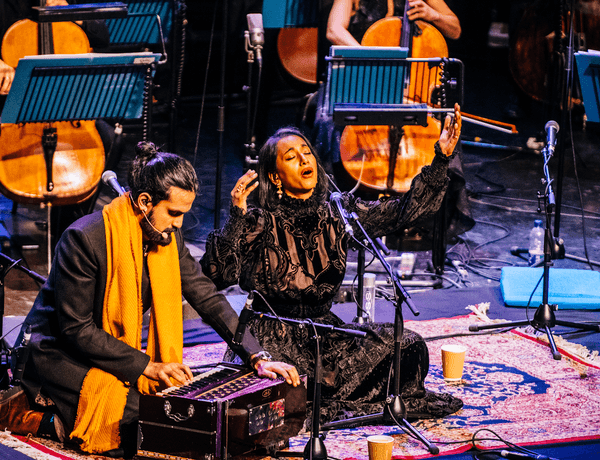
Performers
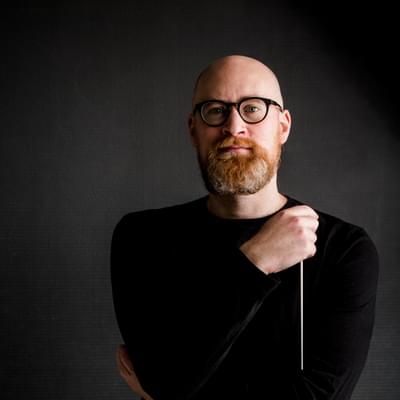
Ben Palmer
Conductor
Rushil Ranjan
Composer, Music Director, Harmonium, Piano, Guitar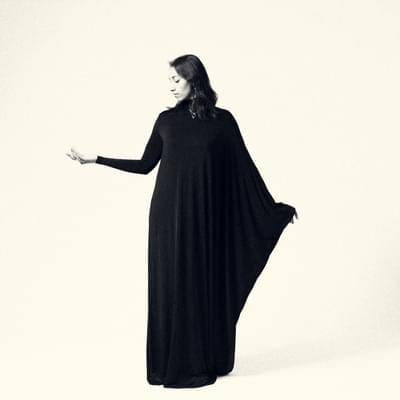
Abi Sampa
Lead Vocalist, Harmonium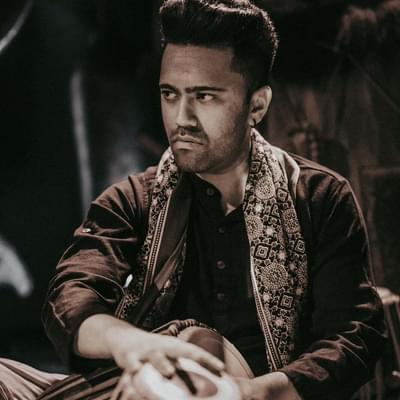
Parkash Pal
Tabla
George Kakas
Harmonium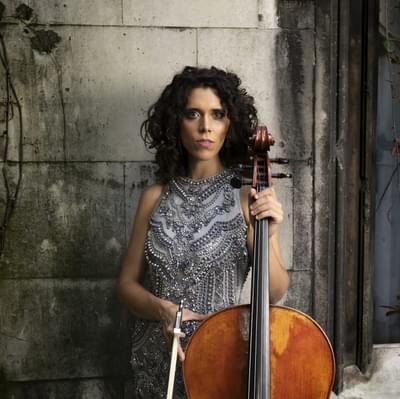
Lydia Alonso
Cello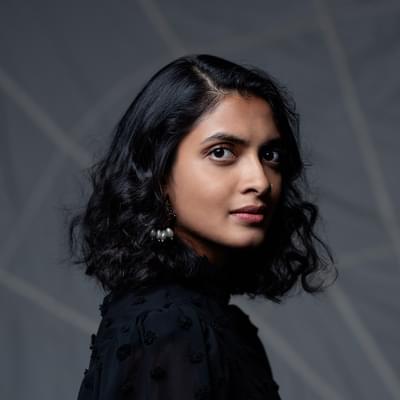
Vidya Patel
Dancer
Introduction
I first heard qawwali music when I was 21. I remember exactly where I was, the time and what I was wearing. Such was the impact it had upon me.
Being uninitiated, I could not truly appreciate the intricacies of the Urdu poetry, the rhythmic nuances of the tabla nor the finesse with which the Qawwal (the lead singer of a Qawwali party) navigated the raag (Indian classical scale). Despite all of this (and my rather cliched antipathy to all things “mystical” ) I found myself having a profoundly spiritual experience.
My experience is not unique. For almost 800 years now, audiences across the world have been led to spiritual rapture by Qawwali performances.
Some of the most important of these have taken place in this city. In fact, to perform qawwali in Birmingham is equal parts daunting as it is exciting. This city and this venue have played host to some of the finest exponents of qawwali music not least the appropriately titled Shahen-Shah or “King of Kings” of qawwali himself, Nusrat Fateh Ali Khan.
I hope today that we will add to that rich tapestry, albeit in our own way. Whilst these pieces seek to honour these historic artforms, we will be departing from tradition in many ways. Qawwali has historically been performed without much instrumentation.
Today, I’m deeply honoured to have these works performed by over 70 of the finest orchestral musicians in the world. Qawwali has also historically been a male arena. Today, however, we are led in song by the formidable voice of female qawwal, Abi Sampa.
Finally, I think it important to note that I have not crafted these pieces for the sake of experimentation itself. Rather, I truly believe that, despite their ostensible differences, Sufi and orchestral music make natural sonic companions. The operatic gravitas of the qawwali vocal style seems to me to be perfectly matched by the majesty and depth of the orchestral sonic palette. So rather than a one-off experiment or a fad, what we are creating is part of a new genre of classical music that honours our heritage whilst representing and celebrating just how wonderfully diverse our musical culture has become.
I sincerely hope you feel the same way.
Rushil Ranjan, Composer and Arranger, The Orchestral Qawwali Project
Programme Notes
Widely regarded as the biggest step forward for the art-form in decades, the Orchestral Qawwali Project has captivated audiences through its unique combination of Sufi poetry, Indian Classical dance and orchestral arrangements. Written and directed by composer Rushil Ranjan, the Project features the soaring vocals of Abi Sampa in effortless combination with rich orchestral arrangements performed by the CBSO and the dynamic grace of Kash Qalandar’s tabla.
Qawwali is a traditional form of South Asian spiritual music that first emerged in the 13th century. Through rhythmic and hypnotic repetitive chanting and virtuosic singing it aims to lead its listeners to spiritual rapture.
The word “qawwali” itself is derived from the Arabic word “qaul” meaning utterance. It is so named to emphasise the centrality of lyrics and shyari (poetry) to the genre. This makes sense given qawwali’s original purpose was to spread the teachings and philosophy of Sufi saints around the Indian subcontinent. It was therefore traditionally performed at shrines and tombs of Sufi saints to audiences of devotees.
Chief amongst these saints is Amir Khusrau (also credited with inventing the tabla and sitar). Widely considered to be the “father” of qawwali, his poetry is considered to be some of the most important in the Sufi canon.
During its nascent and largely ritualistic stages, qawwali was only performed by men and the use of any instruments was prohibited. Over the centuries however, it has evolved to include tablas, dholaks and the south-asian harmonium. It has also moved from shrines to stages, concert halls and festivals around the world. Furthermore, much like the profound influence American gospel has had on popular and soul music in the West, qawwali has had an immeasurable influence on popular music in South Asia.
This explosion in popularity and influence can largely be attributed to Ustad (a title equivalent to maestro) Nusrat Fateh Ali Khan. Together with tabla player Dildar Hussein and harmonium player, Farrukh Fateh Ali Khan, Nusrat took the world by storm, performing at the largest and most prestigious festivals and concert halls in the world and popularising qawwali amongst audiences regardless of their background.
You might also like...
What's on
At the CBSO Centre: National Youth String Orchestra
